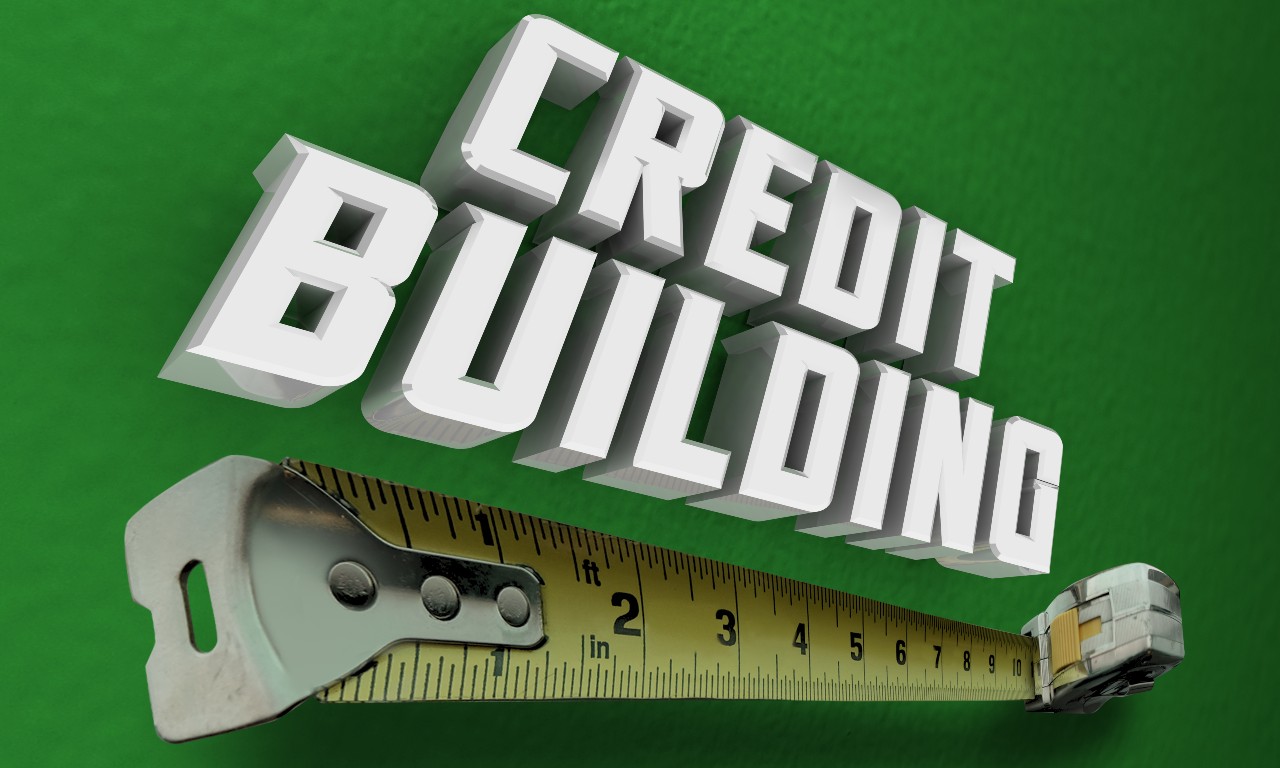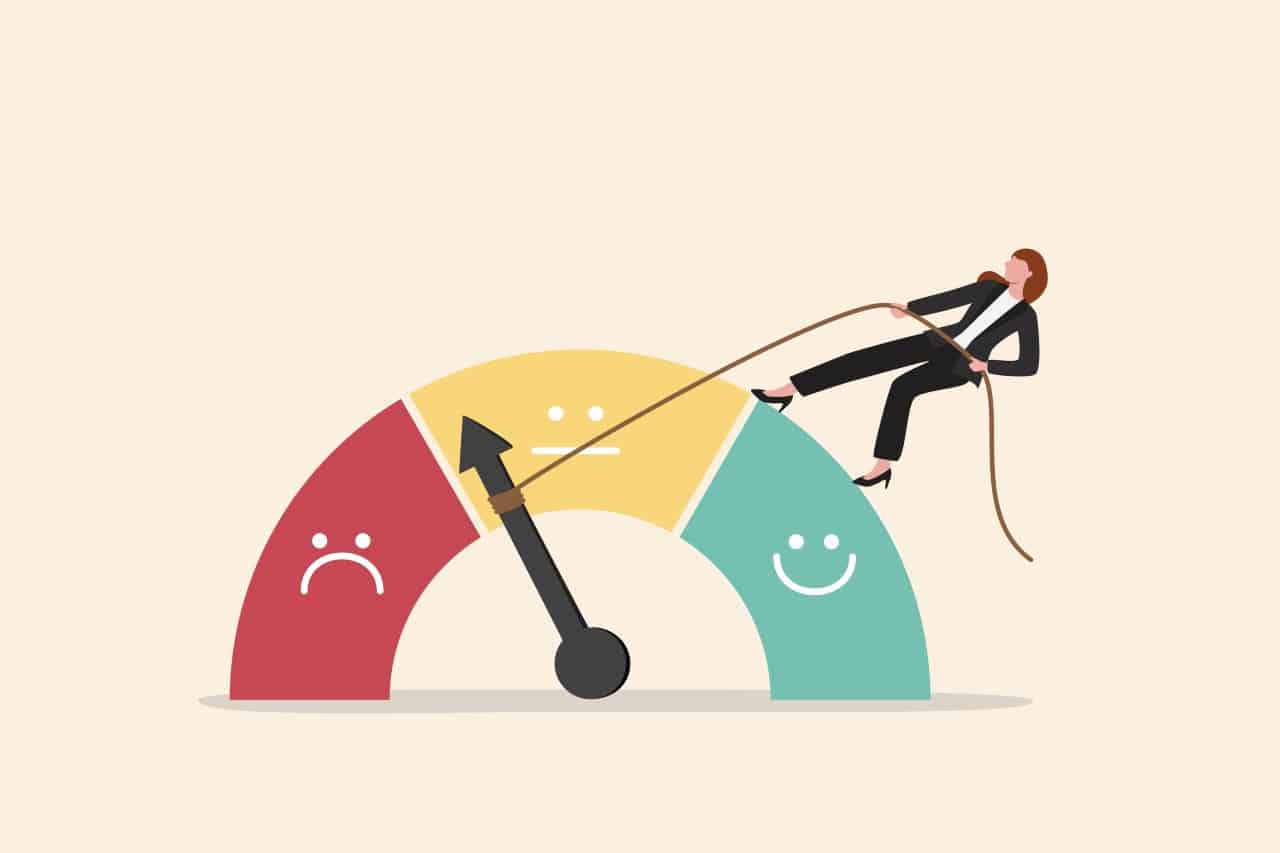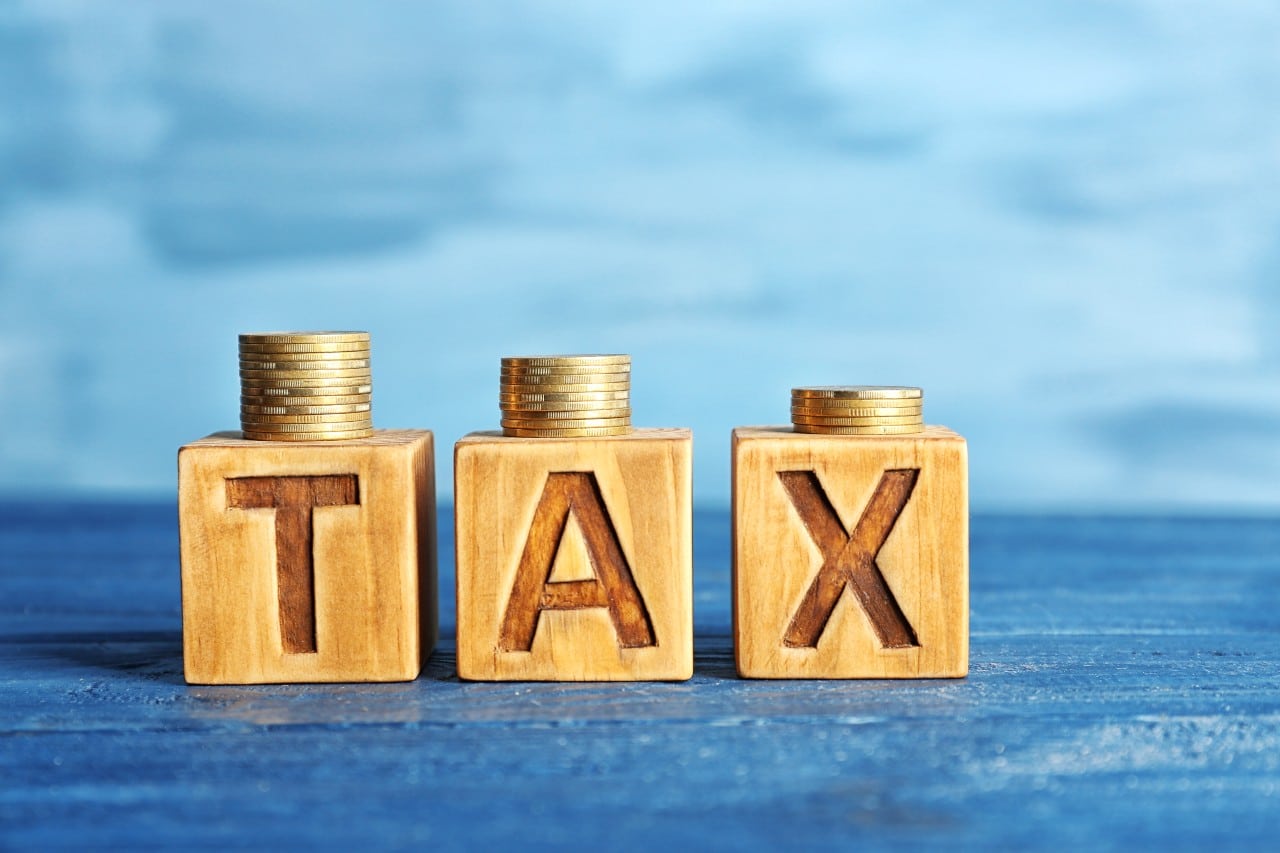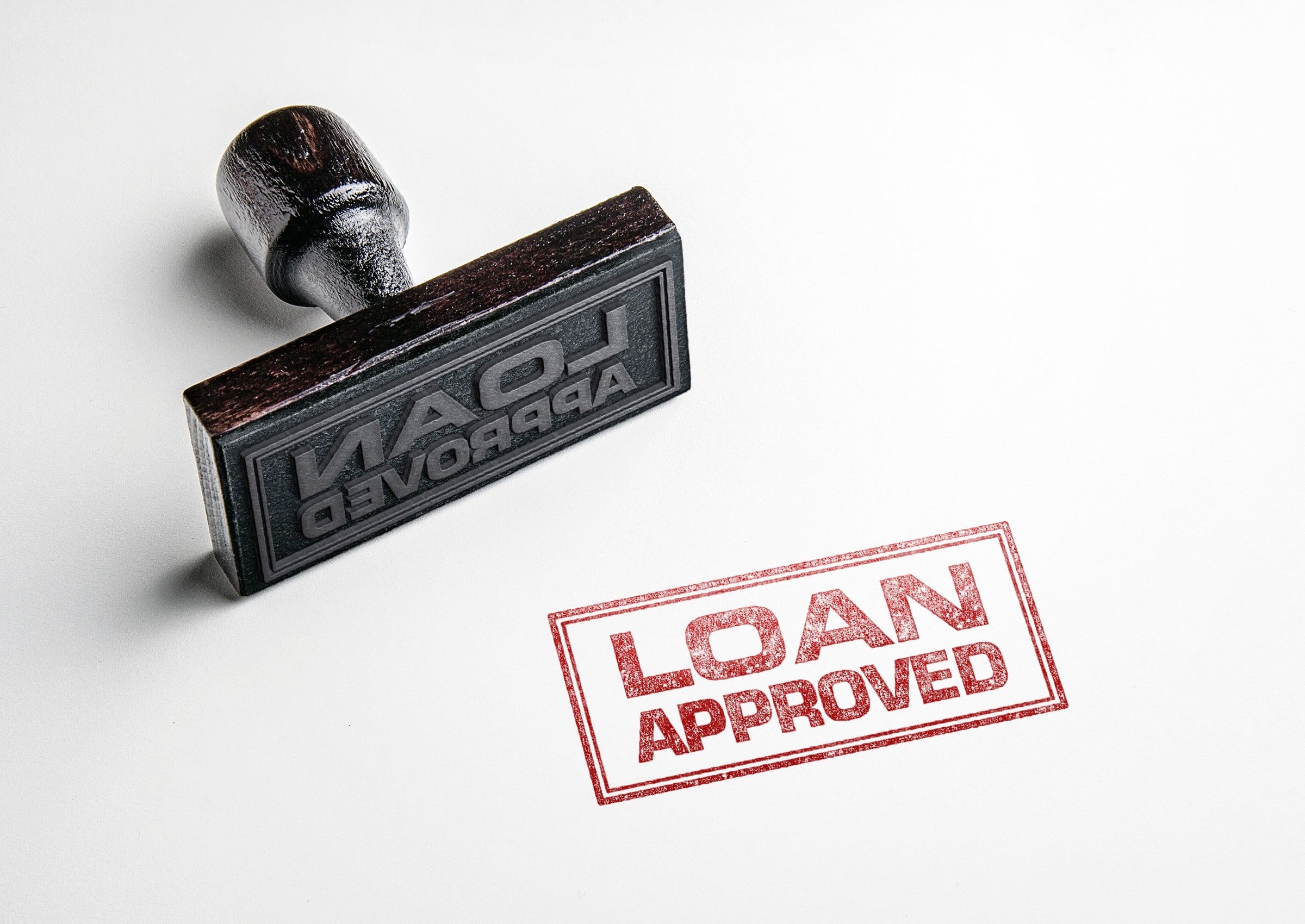Credit building can be difficult. If you don’t have a responsible repayment history, getting a line of credit or an unsecured credit card can be challenging.
Establishing good credit now can benefit you by way of lower interest rates down the road when you want to qualify for a new car or mortgage. This may be especially critical if you recently graduated or are new to Canada.
How can you show a history of responsible repayment if no one gives you credit in the first place?
Credit Basics
Credit is a financial tool that lets you borrow money with the promise to pay it back later. When you use credit, you are borrowing money from a lender. Lenders may include banks, credit unions, or credit card companies. When you sign the credit agreement, you agree to repay the borrowed amount, interest, and any fees.
Your credit score is a three-digit number showing how likely you are to pay debts on time. Credit scores range from 300 to 900, with a good credit score being a higher number. Lenders use this number to decide on the terms of your agreement, like the interest rate you’ll pay.
A lot goes into determining your credit score. Factors include your credit history, current credit types, and how much you owe. The exact method used to determine your credit score varies between credit bureaus. Still, these are factors they all take into account.
Why Credit Scores Drop
There are several reasons why a person’s credit score can drop, such as:
- Late payments. Missing payments or paying late has the greatest negative impact on your credit score.
- High credit utilization. Using a high percentage of your available credit limit can lead to a lower score. Make sure to pay credit card balances as soon as possible.
- Hard credit checks. Whenever you apply for any credit, the lender performs a hard credit check. They show up on your credit report. When there are a number of hard credit checks at one time it can lower your score, at least temporarily.
- Collection accounts. If you have unpaid debts sent to collections, it can significantly affect your score.
- Bankruptcy or foreclosure. These major financial events can remain on your credit report for years.
Why it’s Important to Have and Keep a Good Score
Your credit reports and scores are a large part of your financial profile. So, knowing how to keep them in good shape is essential. Establishing good credit behaviour can help you get approved lines of credit, like a mortgage or a car loan. Some insurance companies will even check your credit. A good credit score will also help you save money by helping you qualify for a lower interest rate or annual fee.
A bad credit history can follow you around for a long time. No mistakes are permanent, but late payments and other negative information may remain on your credit report for seven years. So, staying on top of your accounts and building a positive credit history is essential.
How to Build Your Score Without a Credit Card
Credit building doesn’t have to be limited to just using credit cards. There are other effective strategies you can try out, such as:
Secure Credit Cards
A secured credit card will require a cash deposit from the cardholder. This security deposit guarantees the card issuer if the cardholder can’t pay bills. So, you give the credit card company some money to hold, which becomes the amount you can charge on the card.
Secured credit cards are used like any other credit card to make purchases or payments. They will run on one of the big payment networks like Mastercard, Visa, and American Express. Secured credit cards are a highly effective credit-building tool.
Buy Now, Pay Later
If you have used a buy now, pay later program and made all your payments on time, you can ask for it to appear on your credit report. Buy now, pay later plans let you pay for something in installments, but not all of them report to the credit bureaus. Equifax wants to encourage providers to report this information and was the first credit bureau to create a process for it.
Credit Builder Loans
A credit builder loan is a kind of loan designed to help people build or rebuild their credit history. Instead of receiving money and repaying the balance over time, the borrower makes monthly payments into a holding account At the end of the loan term, the borrower gets the money back, sometimes with interest paid, minus fees. The lender reports your payments to the major credit bureaus, which will help you build your credit history.
Authorized User
Becoming an authorized user can be a quick and easy way to build credit. An authorized user is different from having a co-signer. Authorized user accounts are a particularly useful tool for young people. You don’t even have to use the card to benefit from the arrangement. Before going through all the effort, ensure the card issuer regularly reports to the credit bureaus.
Other Payments Like Rent or Utilities
You can ask your landlord or utility companies to report your on-time payments to Equifax, TransUnion, and Experian to improve your credit score. Or you can check out services like Landlord Credit Bureau. They can report your on-time regular payments, like rent, to the credit bureaus. This can increase your chances of getting approved for installment loans or credit cards.
Conclusion
To build your credit history or improve your credit habits, start by learning about the process. This includes finding the best credit cards or loans to suit your needs. Remember to make all your minimum payments on time and check your credit reports regularly.
If you need assistance with debt relief to improve your credit history, please contact us today. Our team is ready and available to provide support.










